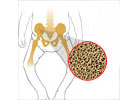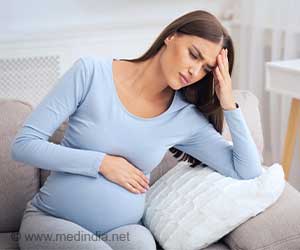According to a recent study, there was a significant reduction in risk of infertility in women who took iron supplements when compared to those who did not.
According to a recent study, there was a significant reduction in risk of infertility in women who took iron supplements when compared to those who did not.
This study is published in the November issue of Obstetrics & Gynecology. Menstruation, pregnancy and lactation deprives a woman of her iron supplies, hence women of childbearing age are at the highest risk of iron deficiency.This study investigated the records of over 18,500 married pre-menopausal women who took part in the Nurses' Health Study II. All of them had no history of infertility and they either conceived or tried to conceive during the period 1991-1997. The participants answered a comprehensive questionnaire on their health including diet and other aspects of their lifestyle. Diet was observed twice and was associated with infertility frequency.
The researchers observed the intake of iron supplements and iron in the diet.They also investigated the dissimilarities between non heme iron and heme iron. The former is obtained from animal sources while the latter from vegetables and supplements.
"During an eight-year follow-up, women who consumed nonheme iron had a significantly lower risk of infertility due to ovulation when compared to women who were consuming low iron or heme iron," said study author Dr. Jorge E. Chavarro, a research fellow in the department of nutrition at Harvard School of Public Health. "Women should also inform their physician if they plan to boost their iron intake, " he added.
The increase in non heme intake reduces the risk of infertility. According to the study, there was a 62% (lowest in the study) reduction in risk of infertility by intake of iron supplements with 41 mg of iron or more. Consumption of iron from non-animal source also showed reduction in the risk of ovarian infertility.
"It's important that the results are reproduced, but the results suggest that women who are trying to get pregnant should consider having greater amounts of iron in their diet from non-animal sources including multivitamin supplements," Chavarro said.
Advertisement
"This is just one study," Wu said. "We need more studies with larger numbers to indicate what exact level of iron supplement is ideal for women attempting conception."
Advertisement
Source-Medindia
GYT











